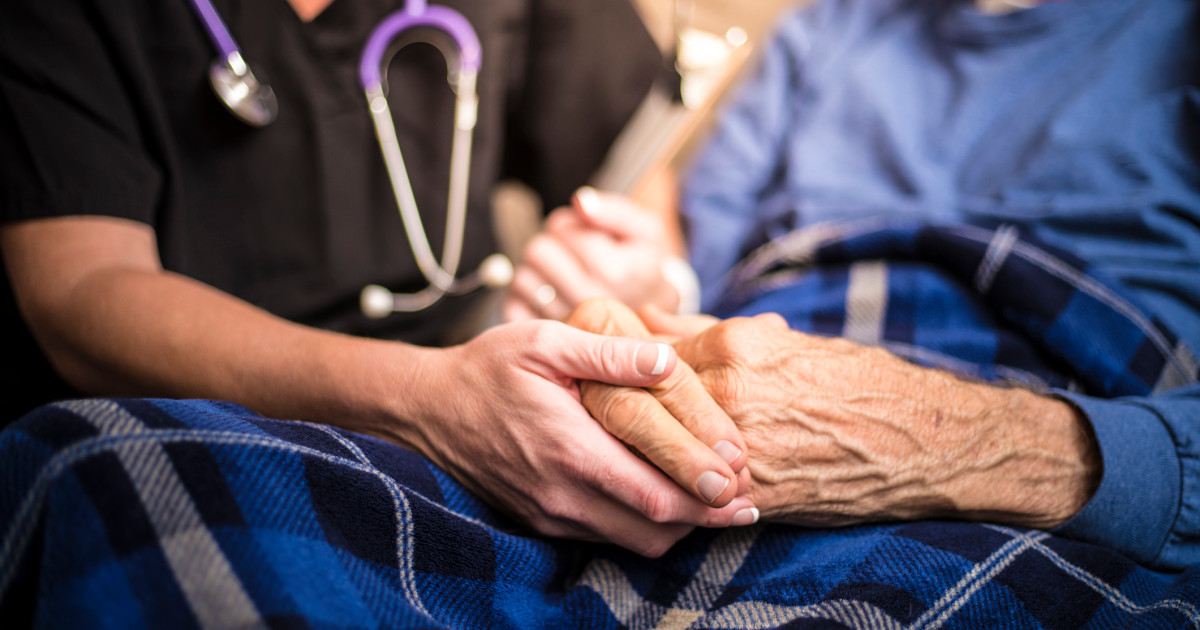Have An Overactive Bladder? You Aren't Alone And There Is Help
Pregnancy And Post-Birth

Pregnancy can naturally create the problem of an overactive bladder, which may continue long after the child is born. The amount of strain placed on the bladder during pregnancy and childbirth can result in damage that can take months or even years to recover from. Each woman is different, but a significant number of women experience an overactive bladder during pregnancy and post-birth. An overactive bladder is more common among women who give birth vaginally and for women who have had many children, however, women who give birth by C-section may experience an overactive bladder as susceptibility is also influenced by genetics.
Neurological Impairments

Neurological disabilities are among the top reasons for an overactive bladder, affecting patients with multiple sclerosis and Parkinson's disease. Other disorders that may produce this symptom include syphilis, tumors of the brain or spinal cord, and diabetes. Urinary incontinence can occur when the nerves controlling the muscles of the urinary tract are damaged, resulting in accidental and sometimes incomplete voiding. With incomplete voiding, the risks of urinary tract infections and bladder stone formation increase, as stagnant urine can lead to infections. When the condition is severe, life-threatening kidney failure may result. An overactive bladder due to brain conditions may occur at any age, but seniors are especially prone to it.
